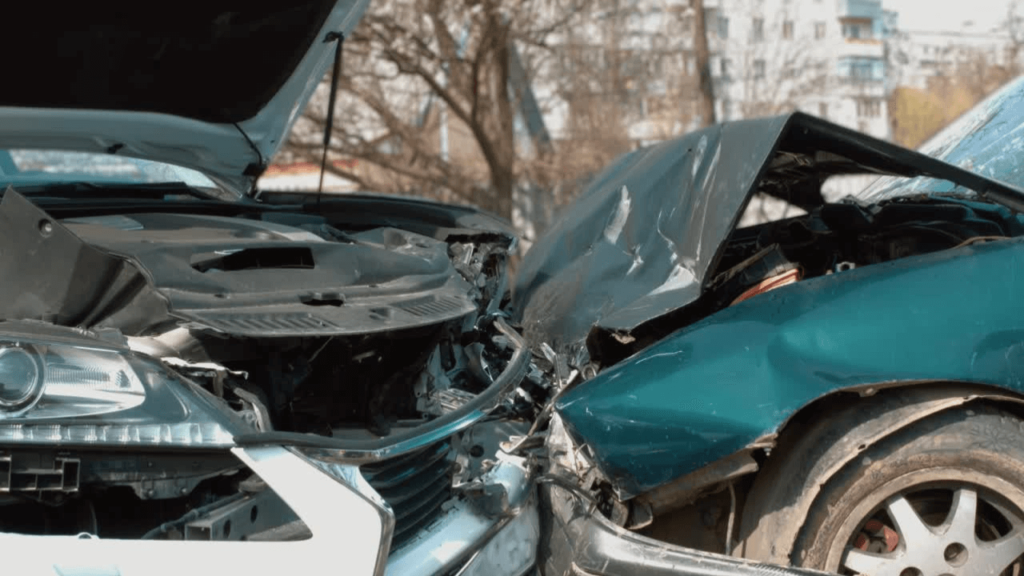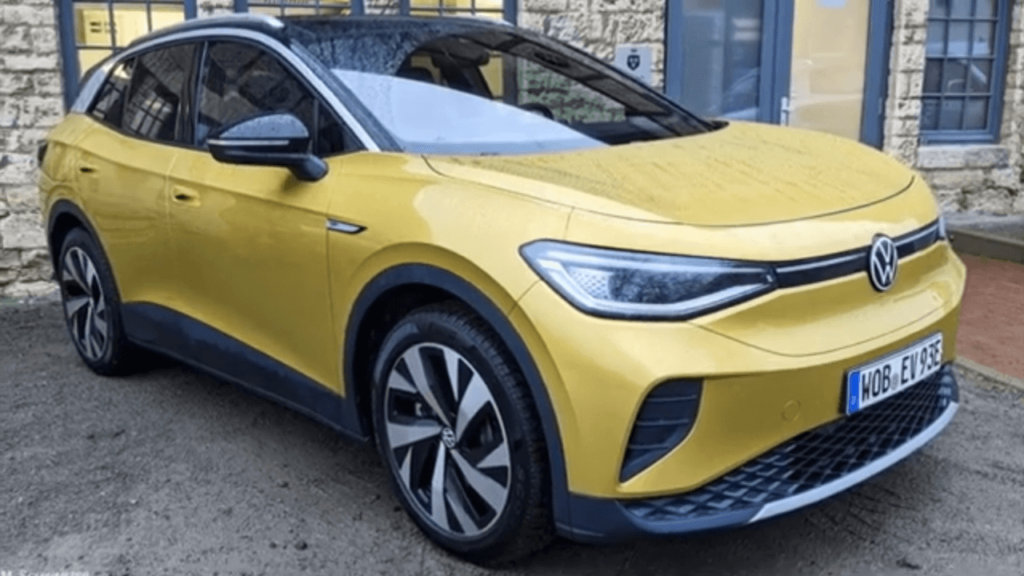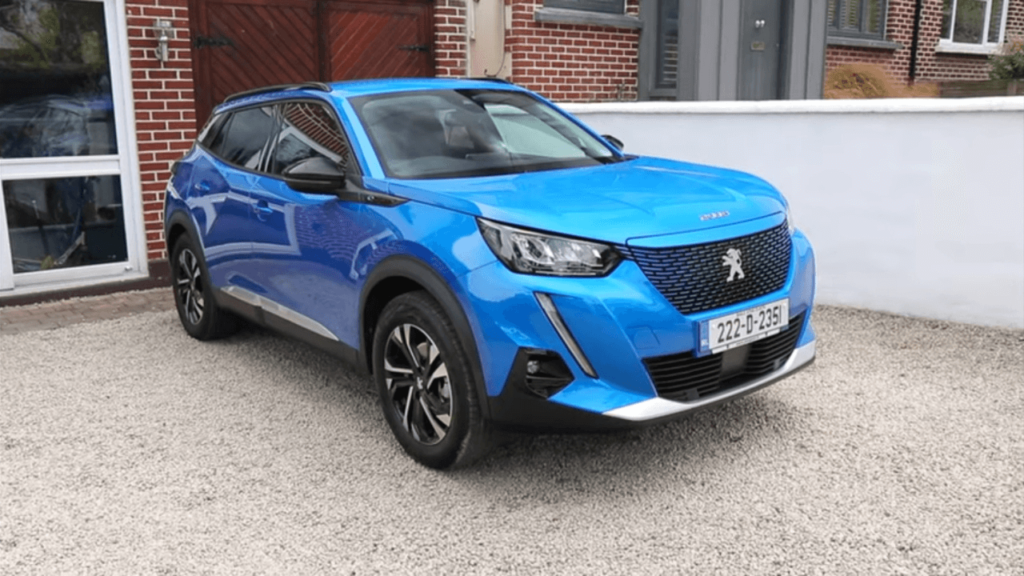Getting into a car accident can be a stressful and frightening experience. It’s important to stay calm and know the steps to take afterward. This guide will walk you through what to do after a car accident in Ireland, whether it’s a minor bump or a more serious collision.
Quick Checklist for After a Car Accident
| Step | Action |
|---|---|
| Check for Injuries | Call emergency services if needed. |
| Move to Safety | Turn on hazard lights, move cars if possible. |
| Contact Gardaí | Report the accident if required. |
| Exchange Information | Share contact and insurance details. |
| Document the Scene | Take photos, note details. |
| Inform Your Insurance | File a claim as soon as possible. |
| Seek Medical Attention | Get checked for hidden injuries. |
| Repair Your Vehicle | Get a quote and arrange repairs. |
1. Stay Calm and Check for Injuries
The first and most important step is to ensure everyone’s safety.
- Take a deep breath and stay calm.
- Check yourself and passengers for injuries.
- If someone is injured, call 999 or 112 immediately to request emergency services.
- Avoid moving anyone who is injured unless it’s necessary for their safety.
2. Move to a Safe Location (If Possible)
If the accident is minor and there are no serious injuries:
- Turn on your hazard lights to alert other drivers.
- Move your car to the side of the road to avoid blocking traffic.
- If the vehicles cannot be moved, ensure you and your passengers are in a safe spot away from traffic.
3. Call Emergency Services
In Ireland, you should report the accident to the Gardaí (police) if:
- Someone is injured.
- There is significant damage to vehicles or property.
- The road is blocked, or the situation is causing a hazard.
- The other driver refuses to provide their details.
Emergency Numbers:
| Service | Number |
|---|---|
| Gardaí | 999 / 112 |
| Ambulance | 999 / 112 |
| Fire Brigade | 999 / 112 |
4. Exchange Information
It’s essential to exchange details with the other driver(s) involved. Here’s what to collect:
- Full name and address.
- Phone number.
- Insurance details (company name and policy number).
- Car registration number.
- Make, model, and color of the vehicles involved.
If there are witnesses, ask for their contact details as well.
5. Document the Scene
Accurate documentation can help with insurance claims and any legal matters. Use your phone to:
- Take photos of the damage to all vehicles.
- Capture the scene, including road conditions and any traffic signs or signals.
- Note the time, date, and location of the accident.
- Record any visible injuries.
Sample Table: Key Details to Record
| Detail | Example |
|---|---|
| Time of Accident | 3:30 PM |
| Location | Main Street, Dublin |
| Weather Conditions | Rainy |
| Other Driver’s Name | John Doe |
| Vehicle Registration | 123-D-4567 |
6. Report the Accident to Your Insurance Company
Contact your insurance provider as soon as possible after the accident. Provide them with:
- A clear description of what happened.
- Photos and documentation from the scene.
- Details of the other driver(s) and witnesses.
Most insurance policies in Ireland require you to report accidents within a specific timeframe.
How long do i have to report a car accident to my insurance company?
In Ireland, you should report a car accident to your insurance company as soon as possible, ideally within 24 hours. Most insurance policies require prompt notification of any accidents. Failing to report it in a timely manner could result in delays or even denial of your claim. Always check the specific terms of your insurance policy for any time limits or additional requirements.
7. Know Your Legal Obligations
In Ireland, the law requires you to:
- Stop at the scene of the accident.
- Provide your details to the other driver or Gardaí.
- Report the accident to Gardaí if there is significant damage or injuries.
Failing to do so could result in penalties or legal issues.
8. What to Do After a Car Accident (Not Your Fault) in Ireland
If you’re in a car accident that’s not your fault, here’s what to do:
- Ensure Safety
- Check for injuries and call 999/112 if needed.
- Move to a safe location if possible and turn on hazard lights.
- Call Gardaí
- Report the accident, especially if there are injuries, significant damage, or if the other driver refuses to cooperate.
- Collect Evidence
- Take photos of the scene, damage, and any road conditions.
- Get the other driver’s details (name, address, insurance, and car registration).
- Gather witness contact information.
- Inform Your Insurance
- Notify your insurer about the accident, even if it’s not your fault.
- Provide all evidence and the other driver’s details.
- Seek Medical Attention
- Get checked for injuries, even if you feel fine, as symptoms can appear later.
- Consult a Solicitor
- If necessary, contact a solicitor specializing in personal injury claims to help recover costs for damages, medical bills, or loss of earnings.
Taking these steps ensures your rights are protected, and you’re compensated for any losses.
9. Seek Medical Attention
Even if you feel fine, some injuries may not be immediately apparent. Common post-accident injuries like whiplash can take hours or days to show symptoms.
- Visit a doctor for a thorough check-up.
- Keep records of any medical visits or treatments related to the accident.
10. Follow Up with Repairs
Once the immediate aftermath is handled:
- Get an estimate for repairing your vehicle.
- Check if your insurance policy covers a courtesy car while yours is being repaired.
- Choose a reputable garage for the repairs.
11. Prevent Future Accidents
After dealing with the aftermath, take steps to reduce the likelihood of another accident:
- Drive within speed limits and obey traffic laws.
- Regularly service your car to ensure it’s in good condition.
- Avoid distractions while driving, such as using your phone.
12. Tips for Safe Driving in Ireland
Preventing accidents is always better than dealing with them. Here are some tips:
- Follow Speed Limits
- Speed limits in Ireland vary depending on the road type and are strictly enforced.
- Drive on the Left
- Remember to drive on the left-hand side of the road.
- Be Cautious in Rural Areas
- Watch out for narrow roads, sharp bends, and farm vehicles.
- Avoid Driving Under the Influence
- Ireland has strict laws against drink-driving.
FAQs
1. Do I need to call the Gardaí after every accident in Ireland?
No, you don’t need to call the Gardaí for every accident. If the accident is minor, and no one is injured, you can exchange details with the other driver(s) and report the incident to the Gardaí at a local station within 24 hours. However, if there are injuries or significant damage, you must call the Gardaí immediately.
2. What should I do if the other driver doesn’t stop or exchange details?
If the other driver leaves the scene without exchanging details, try to note their vehicle’s license plate number, make, and model. If you are unable to get this information, report the incident to the Gardaí right away. They will investigate the situation, and if they locate the driver, they may face penalties for leaving the scene.
3. Is it necessary to take photos after an accident?
Yes, taking photos of the scene, the damages, and any relevant details (e.g., road signs, traffic lights, weather conditions) is important. These photos will serve as valuable evidence for your insurance claim and any legal proceedings that may arise.
4. Can I claim compensation for injuries after a car accident in Ireland?
Yes, if the accident was not your fault, you may be entitled to compensation for injuries. You can make a claim through your own insurance or the insurance of the at-fault driver. If there is difficulty reaching an agreement, it may be necessary to consult with a solicitor who specializes in personal injury claims.
5. What should I do if the other driver is uninsured?
If the other driver does not have insurance, you can make a claim through the Motor Insurers’ Bureau of Ireland (MIBI). They handle claims in cases where the responsible driver is uninsured or untraceable.
6. How long do I have to report an accident to my insurance company in Ireland?
You must report the accident to your insurance company as soon as possible, ideally within 24 hours. Most insurance policies require you to notify them promptly, and failing to do so could result in your claim being delayed or denied.
7. What if I feel fine after an accident but later experience pain?
Even if you don’t feel injured immediately, it’s advisable to visit a doctor for a check-up. Some injuries, like whiplash, may not show symptoms right away. A medical report can also support any injury claims.
8. Can I drive my car after an accident in Ireland?
If the accident is minor and the car is still roadworthy, you may continue driving. However, if there’s significant damage or the vehicle is unsafe to drive, arrange for it to be towed to a garage. Ensure that your insurer is notified before moving the vehicle if necessary.
9. Should I admit fault at the scene of the accident?
It’s important not to admit fault at the scene, even if you think you may have been responsible. Fault will be determined by the Gardaí, insurers, or a court if necessary. Simply exchange details with the other party and let the investigation unfold.
10. What documents do I need to keep after a car accident?
It’s essential to keep records of all relevant documents, including:
- Your insurance details.
- A copy of the Garda report (if applicable).
- Medical reports and bills.
- Receipts for car repairs or other accident-related expenses.
- Witness statements and contact details.
These documents will be important when filing insurance claims or seeking compensation.
Conclusion
Car accidents can be daunting, but knowing what to do can make the situation more manageable. By staying calm, following the steps outlined in this guide, and ensuring you gather all necessary information, you’ll be better prepared to handle the aftermath.
If you have any doubts or need legal assistance, don’t hesitate to reach out to professionals for help. Drive safely and always be prepared for unexpected situations on the road!

Hi, I’m Tanvir, the founder and author of Explore Ireland Now. With a deep love for Ireland and its rich culture, history, and landscapes, I created this site to share everything that makes this beautiful country worth exploring. Whether you’re a local looking for hidden gems or a traveler planning your next adventure, I provide insightful guides, tips, and recommendations to help you experience Ireland to the fullest.
From stunning landscapes to vibrant cities and quaint villages, Ireland is full of wonders waiting to be discovered. Through my personal experiences and research, I aim to bring you the most up-to-date information and inspiration for your journey.
Thank you for visiting Explore Ireland Now—I hope my content helps you uncover all that this incredible country has to offer! If you have any questions or need travel advice, feel free to reach out.



